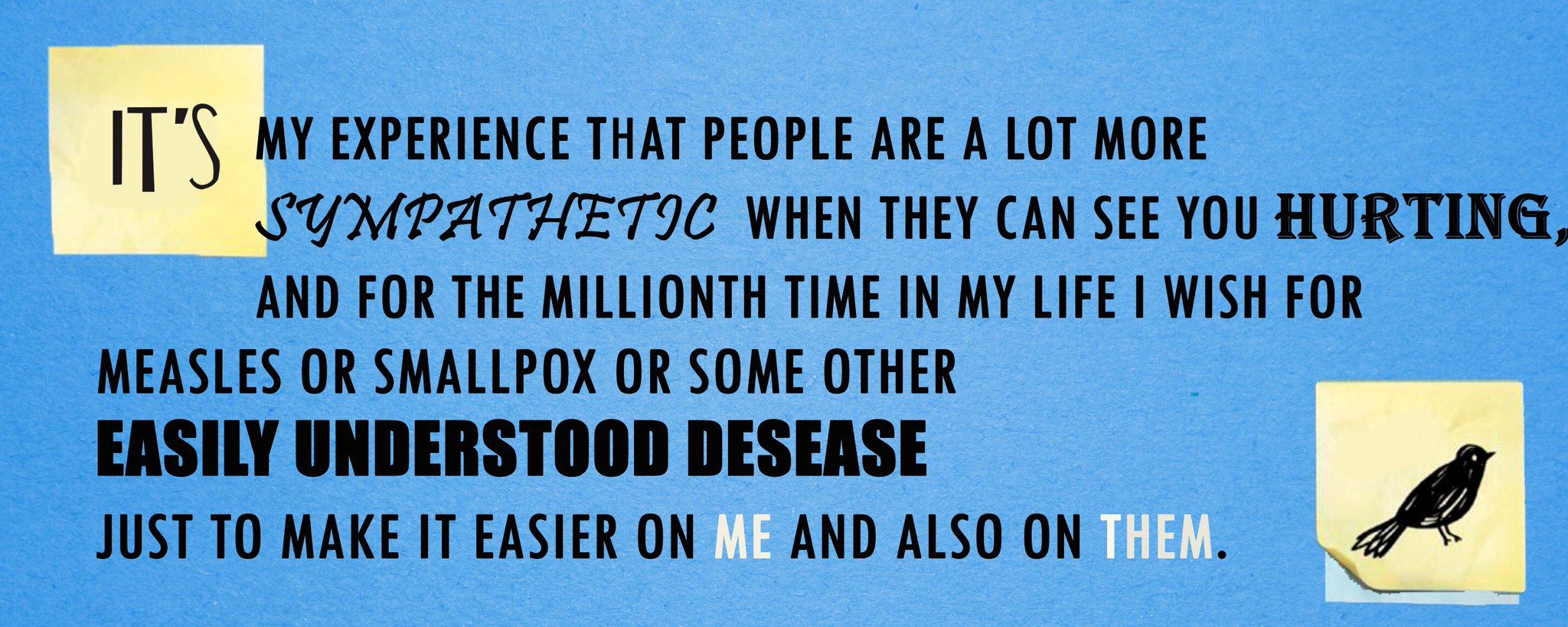A princess must find her place in a reborn world.
She flees on her wedding day.
She steals ancient documents from the Chancellor's secret collection.
She is pursued by bounty hunters sent by her own father.
She is Princess Lia, seventeen, First Daughter of the House of Morrighan.
The Kingdom of Morrighan is steeped in tradition and the stories of a bygone world, but some traditions Lia can't abide. Like having to marry someone she's never met to secure a political alliance.
Fed up and ready for a new life, Lia flees to a distant village on the morning of her wedding. She settles in among the common folk, intrigued when two mysterious and handsome strangers arrive—and unaware that one is the jilted prince and the other an assassin sent to kill her. Deceptions swirl and Lia finds herself on the brink of unlocking perilous secrets—secrets that may unravel her world—even as she feels herself falling in love.
Rating: 1/5 stars
"Well, if you were to kiss him, what do you think it would be like?”
“Oh, I think it would taste sweeter than honey.…” She fanned herself as if a memory was making her light-headed. “Yes, I think it would be very, very good, that is, if I were to kiss him."
Welcome to
The Kiss of Deception which deceived me
into thinking it would be the story of a strong-willed princess, instead of a spoiled,
delusional girl wondering about which boy she’d like to kiss the better.
I read up
to 32% of the book ,at which point I got annoyed with everything, so I skimmed
read until something better happened. I got to the end of the book with nothing
remarkable, because I had already predicted everything that would happen (hey,
I’m a First Daughter after all! Wink wink) and that kids, is the boring story
of how I finished this book.
Bored.
Bored out
of my mind.
The Kiss of
deception starts with this beautiful prose:
"Today was the day a thousand dreams would die and a single dream would be born.
The wind knew. It was the first of June, but cold gusts bit at the hilltop citadelle as fiercely as deepest winter, shaking the windows with curses and winding through drafty halls with warning whispers. There was no escaping what was to come."
And I’ll
admit, if well I was annoyed as hell during my entire read, it is clear that
Mary E. Pearson has a remarkable way with words. They make you flow through the
pages without even realizing it. Unfortunately, that is the only redeemable
characteristic of this book.
Princess
Lia of House Morringham is a First daughter, which in this fantasy world means
she should have “The Gift” (it always kills me how authors put such little
thought in names. Things here were “The gift”, “The ancient language”, “The
ruins” which ancient language? Latin?? Which ruins?? Even if all knowledge were
lost there were still different languages from different periods, which ancient
shit are you referring to??) but it appears that she doesn’t have that prized
ability, even though her mother and countless women before her had.
As a First
Daughter, she is more desirable for a marriage alliance since her "gift" would
also bring her new husband (and therefore kingdom) political advantages. It was
clear then, based on the predictability of Young Adult novels, that by Lia not
having a gift meant that she would be the most special/powerful perfect First
daughter to have ever lived on this earth, unlike the kinds had ever seen
before.
At least,
that was the most obvious and dumbest prediction, and I was sadly proven to be
right.
The
introduction of Lia’s character left a lot to be desired, because I already
disliked her from page one.
“But,
Mila!” You must think. “That’s a bit too much, isn’t it?”
Well no my
dear reader, not when Lia proved to be a spoiled brat from the get-go. We get
from her point of view that she doesn’t want this marriage to happen, though
honestly, who could blame her?
Women being
used as pawns in political alliances was awful, we were considered a piece of
property rather than actual people. Right now, Lia’s marriage to some stranger
would ensure peace not only between those two kingdoms but also against the
enemy’s attack, a force that has been growing strong with each passing decade.
My problem
with Lia was that, although I could sympathize with her desire for freedom, she
paid no care to her role as a princess.
Yes, being
sold off as property is awful but her marriage could ensure peace. Lia can only
think about herself, how unfair this is, how her parents don’t care for her, so
she’s doing this out of spite, too.
It sucks to
put a burden so heavy as the peace of two nations on a seventeen year old girl,
but the burden is still hers and by running away she’s not just making her
parents angry she is also condemning her kingdom and the one of her future
husband to a certain downfall at the hands of their common enemy.
Those are thousands
of soldiers being killed at war, thousands to even millions of people being starved to death, countless women and
children being raped and murdered.
Yet Lia
doesn’t care, all she can think off is on how unfair this is for her, even
though she has always known that this was the life she was born into. Lia
doesn’t care and never even thinks of her people when she makes her selfish
decisions, she’s just a spoiled brat rebelling against her parents rules.
Even though
she only thought of escaping the night before, Lia is more than happy to bring
her maid and best friend with her without considering how, if caught, Pauline
would be executed for treason.
The escape
from the palace was vague and dumb, like the rest of the book. Despite them
having never gone out of the castle by themselves and the place being heavily
armed with guards from both Kingdoms (since it’s the heist of the celebration),
the two young girls just escape to the barns, hope on a horse and ride off,
with Lia still on her wedding gown.
I bet
nooobody could have seen her.
Once they
are safely away, meaning they rode for a few hours, they stop and cover their
tracks. Lia’s brothers taught her one day how to hide her tracks while hunting,
so of course she can hide her trail from highly experienced trackers from all
of the two kingdoms.
They even
go as far as cutting off some of the gems of her wedding cloak (ruining a relic
like a good spoiled teenager) and then tying it on a branch and dumping it on
the river so that people assumed that she had drown… because she tied the cloak, tieeeed it.
After that and
even though there are “barbarians” and rebels everywhere, the two girls start a
very noticeable fire and yell at the barbarians to come and get them.
" I shaded my eyes with my hand as if I were peering into the dark woods searching for them. “I’d welcome the diversion of a savage right now. Barbarians, show yourselves!” I shouted. There was no answer. “I do believe we frighten them."
I kid you
not. Why not just do like Celaena Sardothien and choke down a bag of poisoned
candies while you’re at it? Save us both the trouble of keeping up with this
story.
But no,
they sleep safely and then the two girls arrive to Pauline’s old home. Because when
a teenager runs away, her parents would never try and look for her first at her
best friend’s house.
After they
are both settled there, Lia starts the life she always wanted and becomes a
waitress doing “real” work like making the beds and pouring beer, instead of
running a kingdom.
I just don’t
get it, Lia seemed to think that doing hardwork was the only good thing anybody
could do. Forget intelectuals and science, Lia despises all of that. In more
than one occasion we have to sit and hear her complain about how much they made
her study (even though most of the population was probably illiterate, she
complained about her super pricy and excellent education) but then she would
act all mighty and smart when she knew things that other people didn’t.
That didn’t
mean she was smart, it meant she had a better education, and she spits on that
because it was just another thing that mommy and daddy forced on her.
And it is
at this point when the Assassin and the Prince arrive.
The author
does a pretty ingenious trick and hides the identity of the killer sent to stop
the alliance from happening and the prince sent to… emmm… well, it’s still
pretty unclear why the Prince went to find her besides to get the love triangle
started, but the thing is when they both arrive and find Lia, the reader doesn’t
know who is who.
The idea
was fantastic but, unfortunately, it didn’t work for me because:
- A. We know little of the Prince, the
Assassin and Lia for us to care who is who.
- B. I couldn’t care less whether Lia is
betrayed. I was actually looking forward to it.
- C. The two idiots fall in love the second
they see the Princess, so there is no real treat to her.
- D. Both the prince and the assassin had
the same personality and voice, I think their only difference was that one was
blond and the other dark-haired. Why would I care who she would end up with if
they were both the same?
- E. The love triangle starts too soon
and with no development for us to care about it, and it takes up to 80% of the
book.
The author
tries to give the love interests some semblance of personality by having Lia
say that one is an asshole and the other one is nice (guess who she falls for…)
but as the narration continues, they are both described as ill-tempered,
mysterious and hawt and that made the
reading complicated.
When you
are writing different POV’s you have to make sure each character has their own
voice, that doesn’t happen here. There were times when I was reading a chapter
and thought it was one of the boys, and then it turned out to be Lia, and
viceversa.
So at the
thirty percent mark, I got to the point
where it was either throw my phone out the window or skim read. So I started to
go through the pages until something exciting happened…
I got to
the end with nothing, and the end itself did not redeem the book. The only
reason I was happy was because this was finally over and I wouldn’t have to
read another page of “berry picking with
handsome strangers.”
I can’t say
anything redeeming about The Kiss of Deception apart from the writing. This is
not fantasy, considering how there are only vague mentions of powers and
kingdoms.
I would
recommend this for hardcore romance fans who don’t mind love triangles or
plot-holes. If you are looking for real fantasy and engaging characters, come
by my side and we’ll search together, my friend.













